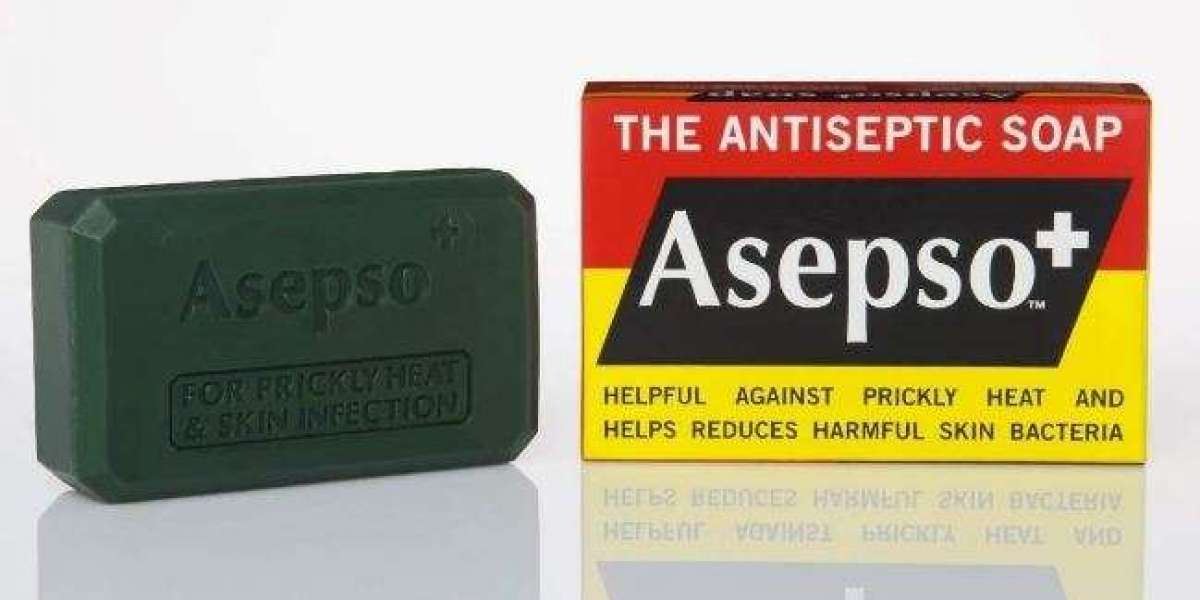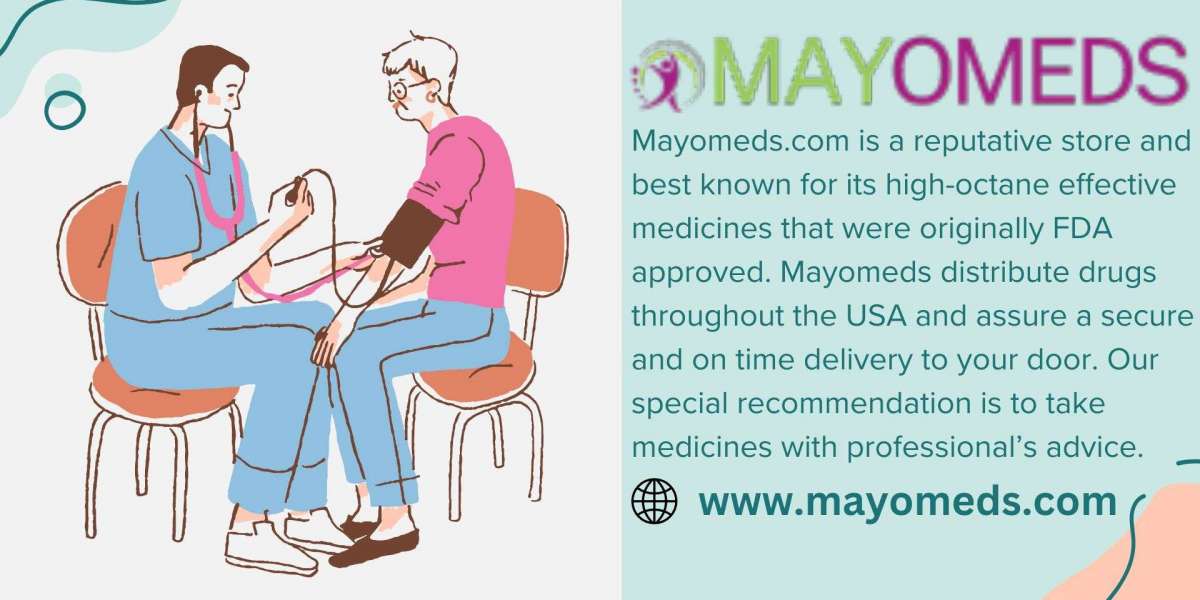Introduction
In an era where hygiene has become paramount to health and well-being, antiseptic soap has emerged as a vital tool in our daily routines. The rise of awareness around infections, pandemics, and general cleanliness has highlighted the importance of using products that not only clean but also protect against harmful microorganisms. This comprehensive guide will explore the nature of antiseptic soap, its benefits, its varied applications, and considerations for choosing the right product for your needs.
What is Antiseptic Soap?
Antiseptic soap is a type of soap that is specifically formulated to reduce or eliminate harmful microorganisms on the skin. Unlike regular soap, which primarily removes dirt and oils, antiseptic soap contains active ingredients designed to kill bacteria, viruses, and fungi. These ingredients include antiseptics like chlorhexidine, triclosan, and iodine, among others. The key difference lies in the additional antimicrobial action that goes beyond mere cleaning.
How Antiseptic Soap Works
Antiseptic soaps work through a combination of mechanical and chemical actions. The mechanical action involves the scrubbing and rinsing away of dirt, oils, and microbes. The chemical action, on the other hand, involves the active ingredients that target and destroy pathogens. When you wash with antiseptic soap, the active ingredients interact with microbial cell membranes or disrupt their metabolic processes, leading to their elimination.
Benefits of Antiseptic Soap
Enhanced Protection Against Infections: Antiseptic soap provides an additional layer of protection compared to regular soap by killing or inhibiting the growth of harmful microorganisms. This is particularly beneficial in environments where the risk of infection is high, such as hospitals, clinics, and public spaces.
Prevention of Illness: Regular use of antiseptic soap can help prevent the spread of illnesses caused by bacteria and viruses. This is especially important during flu season or in the case of outbreaks of contagious diseases.
Wound Care: For minor cuts, scrapes, and abrasions, antiseptic soap can aid in preventing infection. By cleaning the wound with an antiseptic soap, you reduce the likelihood of pathogens entering the wound and causing complications.
Reduced Cross-Contamination: In environments such as food preparation areas or healthcare settings, antiseptic soap helps reduce the risk of cross-contamination by eliminating microbes that could otherwise be transferred between surfaces and individuals.
Long-Lasting Effectiveness: Many antiseptic soaps have residual antimicrobial effects, meaning that they continue to kill bacteria even after rinsing. This provides prolonged protection and helps maintain a lower level of microbial presence on the skin.
Applications of Antiseptic Soap
Healthcare Settings: In hospitals and clinics, antiseptic soap is used extensively by medical professionals to prevent the spread of infections. It is a critical component of hand hygiene protocols and is used before and after patient contact.
Food Industry: In the food industry, antiseptic soap is used to ensure that hands and surfaces are free from harmful bacteria and viruses. This helps to maintain hygiene standards and prevent foodborne illnesses.
Public Spaces: Antiseptic soap is often provided in public restrooms and facilities to enhance general hygiene and reduce the risk of spreading infectious diseases.
Home Use: For everyday use, antiseptic soap can be a valuable addition to your personal hygiene routine, especially if you are prone to infections or have compromised immune systems.
Travel: When traveling, especially to areas with questionable water quality or high infection rates, antiseptic soap can be a convenient and effective way to maintain hand hygiene.
Considerations When Choosing Antiseptic Soap
Active Ingredients: Not all antiseptic soaps are created equal. It is important to check the active ingredients to ensure they are effective against the types of microorganisms you are concerned about. For example, chlorhexidine is known for its broad-spectrum antimicrobial properties, while triclosan has been used for its antibacterial effects.
Skin Sensitivity: Some antiseptic soaps can be harsh on the skin, leading to dryness or irritation. If you have sensitive skin, look for products that are formulated to be gentle and moisturizing. Antiseptic soaps with added emollients or those labeled as hypoallergenic might be a better choice.
Environmental Impact: Consider the environmental impact of the soap you choose. Some antiseptic agents, like triclosan, have been linked to environmental concerns, as they can contribute to antibiotic resistance and pollution. Opting for products with eco-friendly ingredients or those certified as environmentally safe can help mitigate these issues.
Compliance with Regulations: Ensure that the antiseptic soap you select complies with regulatory standards and guidelines. In some regions, specific antiseptic agents are regulated by health authorities to ensure their safety and effectiveness.
Cost and Availability: While some antiseptic soaps may be more expensive than regular soaps, the benefits they offer in terms of infection prevention can justify the cost. Consider your budget and how frequently you will use the product to determine the best value for your needs.
Conclusion
Antiseptic soap plays a crucial role in maintaining hygiene and preventing infections by providing an extra layer of protection beyond regular soap. Its benefits, including enhanced infection prevention, wound care, and reduced cross-contamination, make it an essential product in various settings, from healthcare facilities to everyday home use. When choosing an antiseptic soap, it is important to consider factors such as active ingredients, skin sensitivity, environmental impact, regulatory compliance, and cost.
By understanding the nature of antiseptic soap and its applications, you can make informed choices that align with your health and hygiene needs. Incorporating antiseptic soap into your routine can contribute to better health outcomes and greater peace of mind in an increasingly health-conscious world.








